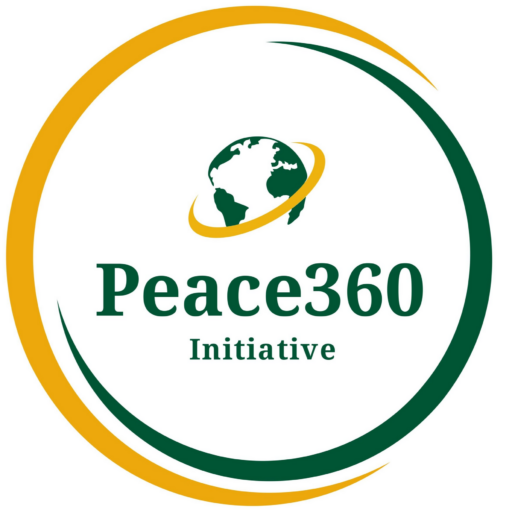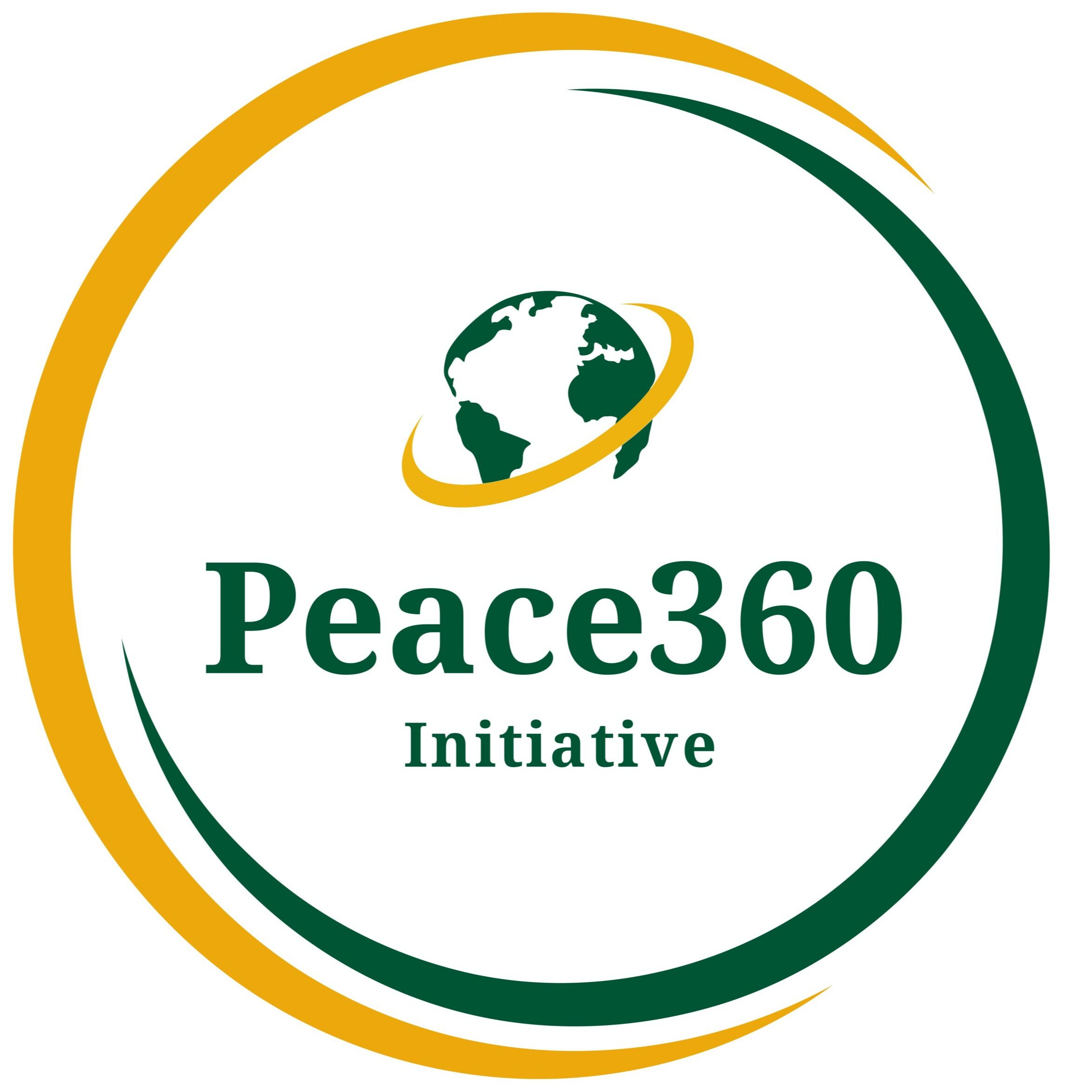*** Note: This blog was written by our former Content Specialist Sammantha Rials.
October 10th through 16th is International OCD (Obsessive Compulsive Disorder) Awareness Week in the United States.
Obsessive-Compulsive Disorder, an often misunderstood condition, is said to affect around 1% of adults and .05% of children.
The International OCD Foundation defines OCD as a mental health disorder that involves a cycle of obsessions and compulsions.
“Obsessions are unwanted, intrusive thoughts, images, or urges that trigger intensely distressing feelings. Compulsions are behaviors an individual engages in to attempt to get rid of the obsessions and/or decrease his or her distress” (International OCD Foundation, 2021).
Physical compulsions such as hand washing, tapping, and more are often present but not all forms of OCD include such symptoms. Pure OCD is a subset of OCD that includes repetitive intrusive thoughts and accompanying “mental rituals”. Therefore, someone with Pure OCD may not seem to show hallmark signs of obsessive-compulsive disorder.
Once diagnosed with OCD, one can seek treatment and live a happy and healthy life. Exposure therapy, habit reversal training, medication, and cognitive behavioral therapy are some of the treatments available to ease the symptoms of this disorder.
At Peace360 Initiative, we accept all volunteers and will not discriminate against anyone with disabilities, mental health disorders, or illnesses. We are dedicated to creating an inclusive and supportive work environment.
You can find blog posts and content about various mental health topics on our website and social media. Moving forward, we will be offering free mental health check-ins with a mental health mentor every week!
Happy International OCD Week!
————————————————————–
Click on the links below to follow us on social media!
Facebook: Peace360 Initiative
Instagram: Peace360 Initiative
Linkedin: Peace360 Initiative
TikTok: Peace360 Initiative



Comments are closed